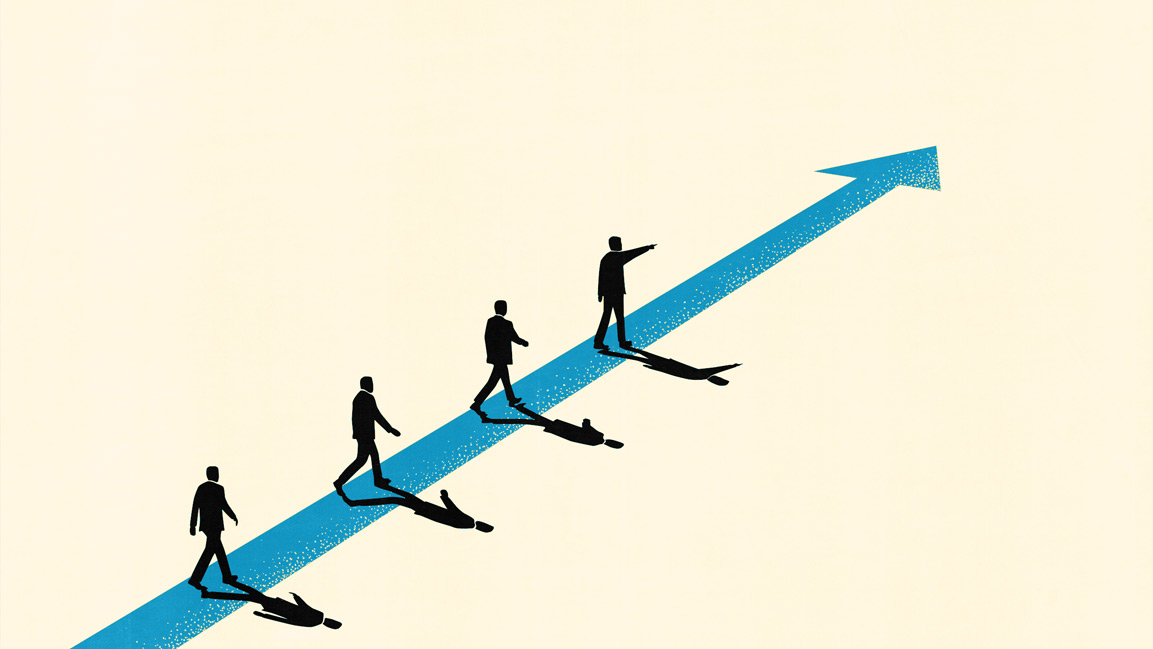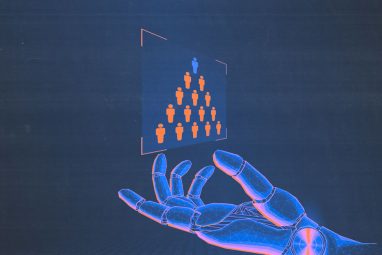Elon Musk or Jack Dorsey—Whose Leadership Style Resonates With You?
The opposing styles of Elon Musk and Jack Dorsey are more than just personality quirks; they represent two fundamentally different paradigms for leadership in the 21st century.
Topics
News
- India, EU Test Digital Identity Interoperability as Twin Transition Gains Shape
- India Ranks No. 2 in AI Usage—But Who Is Being Left Behind?
- Autonomy in Orbit: How AI is Becoming the Brain of Deep-Space Missions
- Quantum, AI Move Toward a Hybrid Future as Commercial Use Nears
- India’s AI Ambition Faces Its Hardest Test in MSMEs
- Why AI Still Cannot Match the Human Brain

Tesla opened its first store in India over a month ago, yet CEO Elon Musk continues to dominate headlines on several fronts. His AI startup, xAI, is gearing up for a major upgrade to its chatbot Grok, while reports suggest that SpaceX may invest $2 billion into the venture.
Meanwhile, Twitter co-founder Jack Dorsey introduced an app, called Sun Day, which helps users track UV exposure and Vitamin D intake. He has also launched Bitchat, a messaging app that doesn’t require an internet connection.
Musk and Dorsey aren’t in the spotlight for their innovations alone, but also for the way they work. As the tech world closely watches their moves, their opposing leadership styles are fast becoming case studies in the shifting dynamics between employers and employees.
Elon Musk, the Storm of the Present
Musk once described his mind as a storm. He said, “I don’t think most people would want to be me. They may think they do—but they don’t understand what it’s like.” His leadership style reflects this intensity. Musk has shared how he used to sleep under his desk at Tesla factories, making the production floor his home. He believes leadership should be as visible as it is relentless. “It’s important for [employees] to know their leader is not somewhere having a good time,” he said.
A self-taught aerospace expert with a background in physics, Musk built SpaceX without a degree in aerospace engineering, relying instead on “first principles” thinking—a decision-making strategy that breaks problems down to their fundamentals and builds solutions up from there. This philosophy shapes not only how he engineers rockets and electric cars, but also his approach to life itself.
His schedule is famously brutal: Mondays and weekends at SpaceX, Tuesdays and Wednesdays at Tesla, and constant context-switching via private jet. He integrates work across every waking moment, that includes answering emails during walks, car rides, and even bathroom breaks. Musk’s work ethics border on moral philosophy. He has gone on record to call remote work “morally wrong” if others, like factory workers and service staff, can’t afford the same flexibility.
Jack Dorsey, the Monk-Like Hacker
In contrast, Jack Dorsey operates with a calm, almost spiritual discipline. The former CEO of Twitter and Square (now Block) sees his companies as extensions of a deeper purpose. “Twitter feels like tapping into a collective consciousness,” he once said, reflecting his belief in connection as a spiritual act.
Dorsey is not your typical alpha CEO. He wears routine clothes, skips breakfast, fasts for 22 hours, and uses his Oura Ring to optimize sleep, often clocking nine hours a night. While Musk maximizes time, Dorsey maximizes clarity. His daily rituals include morning silence, infrared saunas, and deep self-experimentation inspired by thinkers like Wim Hof and David Goggins.
While Musk fuels himself on intensity and scale, Dorsey thrives on introspection and small, iterative experiments. His leadership style is minimalist, almost monastic, but no less effective. His schedule is structured yet spacious: X from morning till early afternoon (when he was at X), then Square till evening, leaving room for rituals that fuel his mental performance.
Importantly, Dorsey embraces uncertainty and iteration: “The biggest thing is to start. Everyone has an idea, but it’s truly about building it and attracting others to help.” His leadership isn’t about being everywhere; it’s about being intentional.
Two Icons, Two Timelines
The opposing styles of Elon Musk and Jack Dorsey are more than just personality quirks; they represent two fundamentally different paradigms for leadership in the 21st century.
Musk’s entrepreneurial journey began in 1995 with Zip2, but today he sits at the helm of six revolutionary companies, including Tesla, SpaceX, Neuralink, and The Boring Company. In 2022, he acquired Twitter for $44 billion, rebranding it as X and turning the platform into a cornerstone of his digital empire. His latest ambition is using xAI to accelerate human scientific discovery.
Dorsey, the man who once led Twitter through its formative years, continues to carve an unconventional path. Having co-founded Twitter in 2006 and served twice as CEO before stepping down in 2021, Dorsey now splits his time between running fintech giant Square (now Block), experimenting with decentralized social media through Bluesky, and launching Bitchat, a new messaging app that doesn’t rely on the internet.
The difference is stark even in the security concerns that their companies showcase. Musk’s Grok posted praise for Adolf Hitler, repeated conspiracy theories, and invoked longstanding antisemitic tropes in response to user prompts. Dorsey’s Bitchat, on the other hand, promised to deliver “secure” and “private” messaging without a centralized infrastructure.
Musk leads from the front, working harder than anyone else, compressing time, and focusing on execution at all costs. He believes in pushing through by sheer force of will. In contrast, Dorsey leads from within. He works smarter, not longer, and embraces experimentation, reflection, and evolution.
So, whose leadership style speaks to you more?






